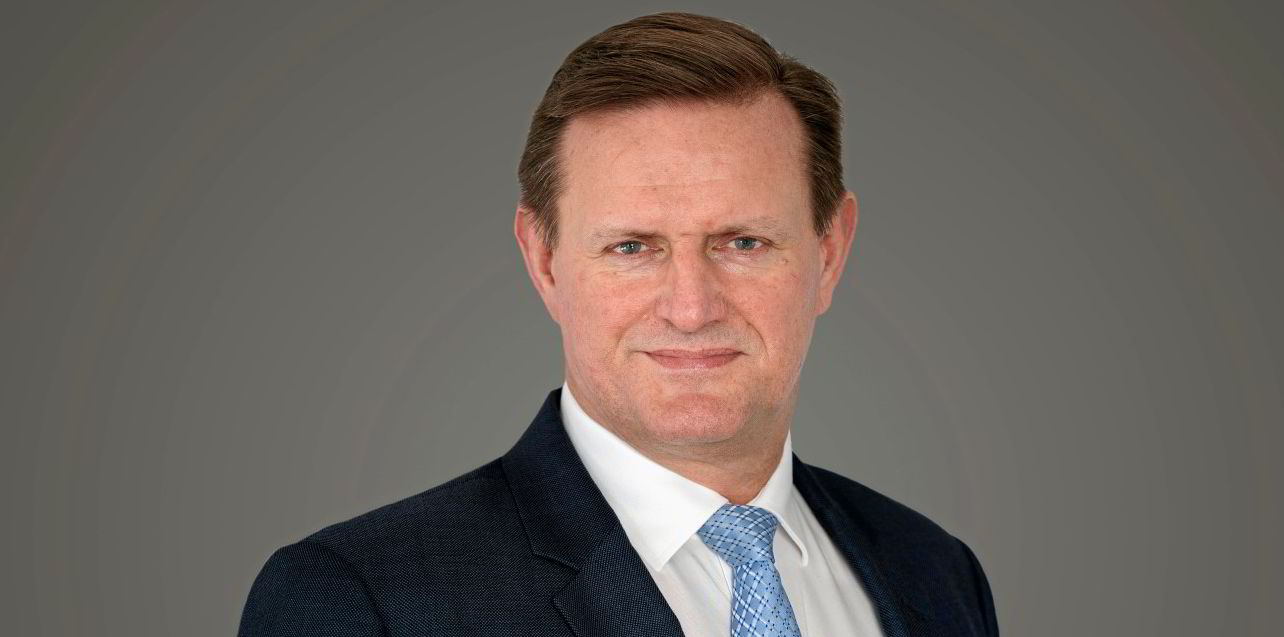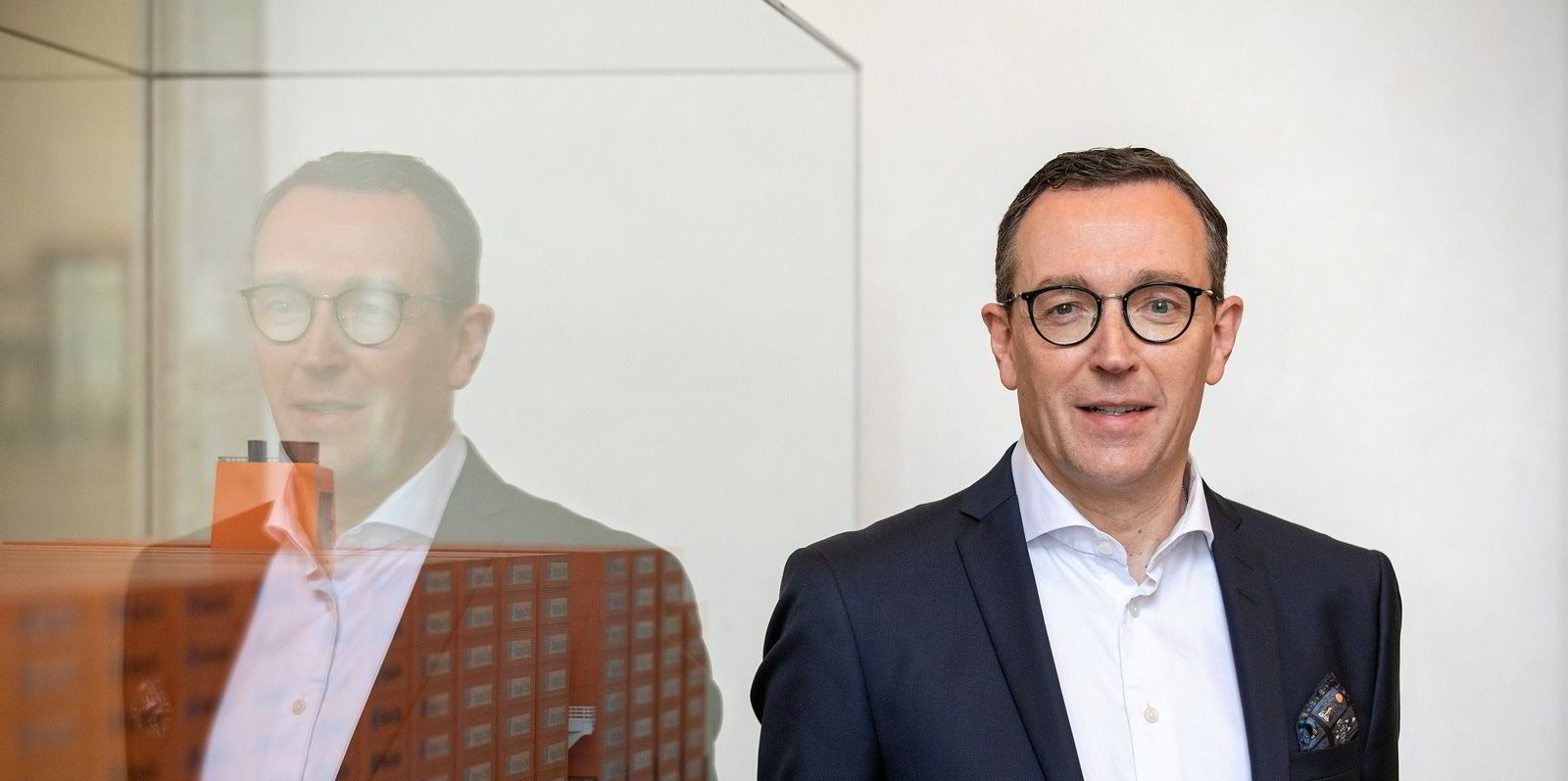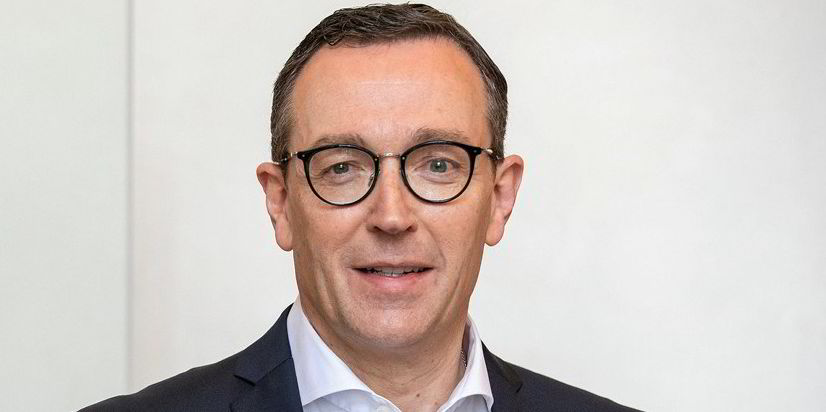John Fredriksen-controlled SFL Corp could be poised to sell its first sustainability-linked bond targeting the growing pool of investors focusing on environmental, social and governance (ESG) matters.
The New York-listed shipowner plans to raise somewhere between $115m and $150m via such bond sales in the coming days, a source with knowledge of the issue said.
Norwegian bank DNB is expected to arrange the deal.
“That’s just speculation,” SFL chief executive Ole Hjertaker told TradeWinds when asked of the deal. “We are looking at all options from our side. … We are opportunistic.”
A small, but growing number of shipowners have tapped into ESG financing following strong fund inflows in recent quarters.
Net inflows to European sustainability funds almost doubled to $273bn in 2020, an all-time high level, according to Morningstar.
Their US counterparts saw inflows totalling $51.2bn, more than doubling the previous yearly record of $21.4bn in 2019.
Sustainability-linked bonds generally follow the principles issued by International Capital Market Association, and issuers’ financing costs are linked to their ESG performances.
In its latest annual ESG report, SFL said it will establish specific targets for several United Nations Sustainable Development Goals and develop its decarbonisation strategy this year.
The company owns a diverse fleet of three offshore drilling units, nine tankers, 22 bulkers, and 50 car carriers and boxships on long-term charters to various operators.
“Vessel design and speed are material drivers of emissions,” chief operating officer Trym Otto Sjolie said.
“Since our customers generally control the speed and trade routes of the assets we own, SFL’s main impact on emissions performance will be influenced by the design of our fleet, operational approaches and optimisations through our asset development programme.”
Hjertaker stressed that SFL’s decarbonisation strategy will take into account well-to-wake greenhouse emissions.
“What we believe is important is not to focus just on tank to wake,” he added.
“You have to look at where [the fuel] comes from, what you do with it beforehand and until it goes through the ship.
“For us it is more than just saying the words ESG. … It's also about doing it and doing it in cooperation, with our end-users.”
Hjertaker also highlighted that SFL’s portfolio has shifted away from fossil fuel-related assets towards liner companies that “have been more focused on ESG”.
“In 2009, 90% of our revenue came from tankers and drilling assets,” he said. “If you look at 2020, we are down to 30%.”







